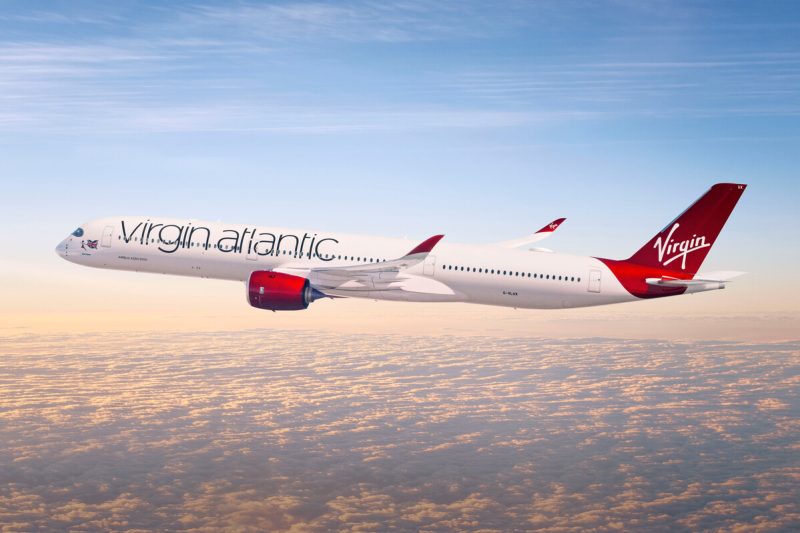Virgin Atlantic Cargo introduces SAFc program for greater insight into carbon reductions
Virgin Atlantic Cargo has launched a Sustainable Aviation Fuel Certificate (SAFc) program to provide greater insight into carbon reductions generated when using the fuel type.
The SAF certificate for scope three reductions – emissions related to service providers – will provide data on emissions reduction based on the airline’s own airfreight carbon calculator, which has been independently certified.
Forwarder DB Schenker is the first to participate in the scheme with the purchase of several thousand tonnes of scope 3 emissions reductions.
Phil Wardlaw, vice president and managing director, cargo, Virgin Atlantic, said: “Our new SAFc programme allows us to collaborate with customers and support them in making lower carbon choices to meet sustainability targets, easily understand their emissions and support future SAF contributions – a key step towards our Net Zero commitments.
“We already have one of the youngest and most fuel-efficient fleets in the sky, but after this, SAF represents the greatest opportunity to decarbonise aviation in the short to medium term, but we still require cross-industry and government action to support commercialisation of SAF at scale, particularly in the UK.
“Our fuel program will help us as we continue to work closely with our sustainability and cross-industry partners to find innovative solutions to achieve this goal.”
The airline is aiming to use SAF for 10% of its fuel needs by 2030 and to achieve net zero emissions by 2050.
Virgin Atlantic’s first UK supply of 2.5m litres of Neste Oyi neat SAF was delivered into London Heathrow in 2022.
The carrier is aiming to be the first to fly across the Atlantic using 100% SAF later this year.
Thorsten Meincke, global board member for air & ccean freight at DB Schenker, said: “Climate neutrality is an ambitious goal – but it must be our guiding principle. That is why we are steadily expanding our portfolio of fossil-free air freight solutions.”










